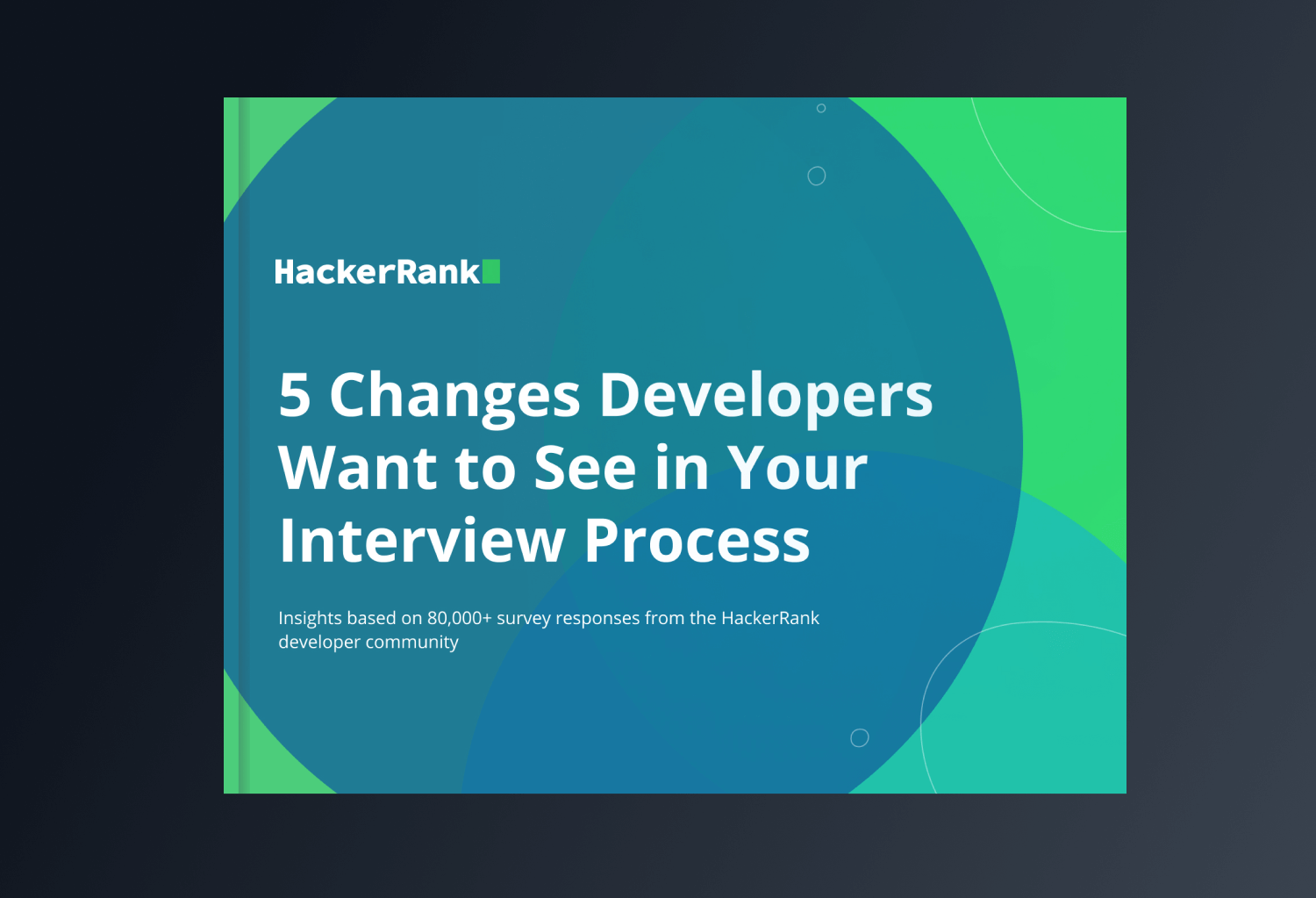Roles directory / Data Science & Analytics
Data Scientist
Overview
Data scientists use statistical and machine learning techniques to analyze complex data and generate insights. They clean and process data, build models, and communicate findings to stakeholders.
Also known as:
Software Engineer-Data Science, Big Data Scientist
Skills
- SQL Intermediate
- Technical Communication
- Code Quality
- R Basic
- Python Basic
- Data Wrangling
- Data Visualization
- Data Modeling
- Apache Spark Basic
- Machine Learning Basic
Typical years of experience
0
Data Scientist
| 183 | Role-related questions |
|---|---|
| Unlimited interviews | |
| Interview templates |
Resources
Learn more about
HackerRank
HackerRank



